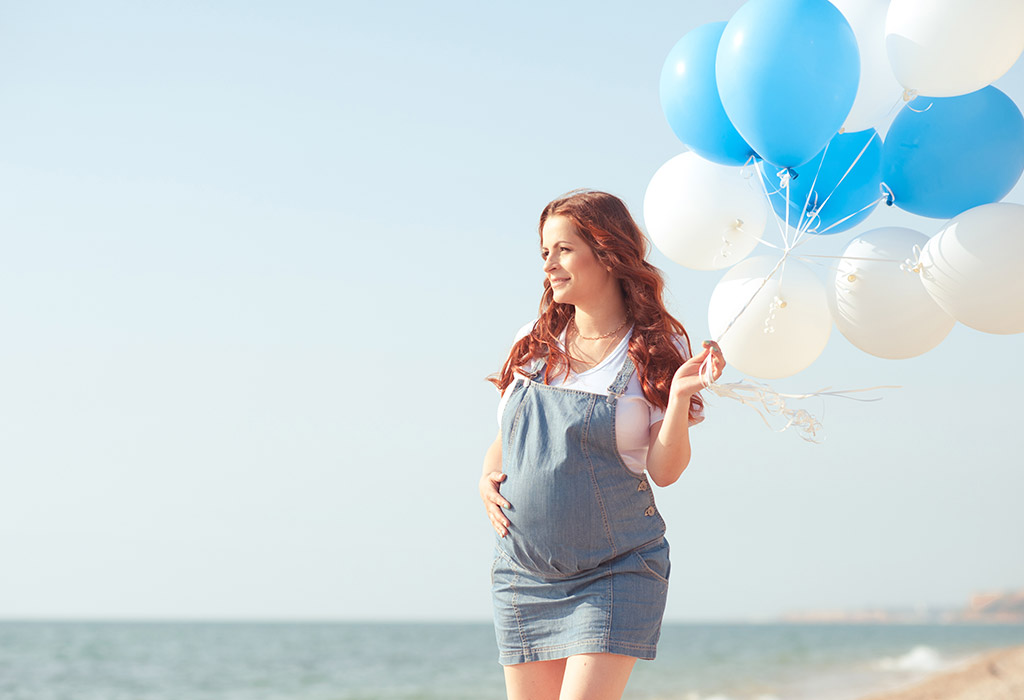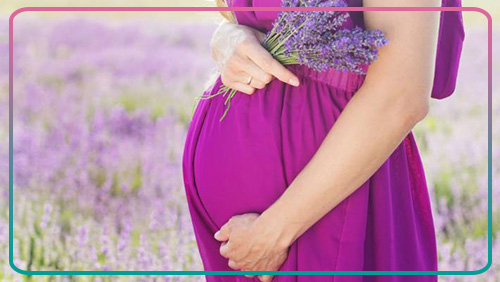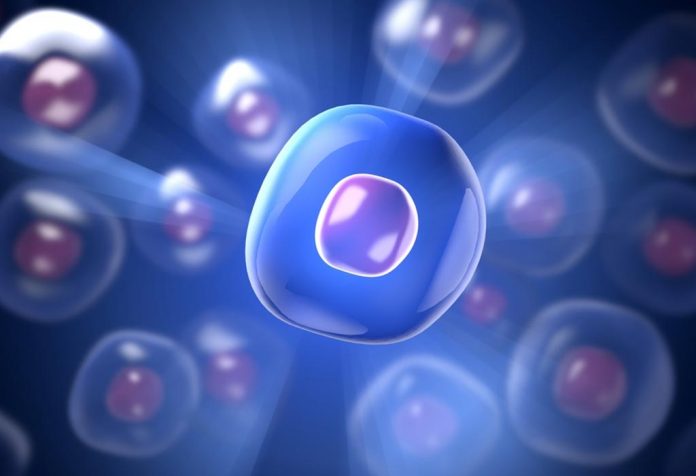Tips to Improve Egg Quality
Here are 7 Tips to Improve Egg Quality and Boost Fertility

Women often ask if there is a natural or 'at home remedy' for boosting egg quality and improving fertility and the changes of pregnancy. Dr. Hirshfeld-Cytron explains what you can do to ensure that your eggs are the best that can be when preparing for conception.
1. Stay Away from Cigarettes.
Smoking permanently speeds up egg loss in the ovaries. The chemicals in cigarettes mutate the DNA in a woman's egg cells, making some of the eggs unsuitable for conception. Women are born with all the eggs they will ever have, and the number of eggs reduces with age, so it is best to keep eggs healthy and free of unnecessary chemicals.
2. Manage Stress.
Stress can produce hormones such as cortisol and prolactin that can interfere or halt ovulation, which also hinders egg production. Stress-reducing activities such as yoga, meditation, exercise or a warm bath can help keep stress and frustration at bay.
3. Eat Healthy.
Healthy foods improve overall health, this includes helping your eggs stay healthy and high quality, as well as improve overall fertility. Eat plenty of leafy greens, whole grains, lean meats, nuts, fresh vegetables, and fruits. Stay away from trans fats, refined carbs, processed foods or meats, and excessive salt and sugar.
4. Achieve a Normal BMI (body mass index).
Obesity has been linked to reduced fertility and decreased egg quality due to alterations of mitochondrial function and increased oxidative stress. Being overweight can also alter hormonal balance, disrupting ovulation. A body mass index (BMI) between 18.5-24.9 is recommended to achieve pregnancy. To give you an idea of what that looks like, a woman that is 5’6” falls within a normal BMI with a weight range of 115-154 lbs.
5. Boost Blood Flow.
Good egg health is aided by oxygen-rich blood flow to the ovaries. Blood flow in the body can quickly decrease from dehydration, so aim to drink 64 oz. of water each day. Yoga is a healthy and relaxing way to improve blood flow, with poses such as the lotus pose, child’s pose, reclining hero and seated forward bend offering a specific fertility benefit.
6. Invest in Supplements.
No need to break the bank on vitamins, but there are three low-cost options that can help with egg health: Coenzyme Q10, melatonin and fish oil. CoQ10 can boost mitochondrial function as well as antioxidants, improving the quality of eggs (200 mg, 3x daily); melatonin can boost antioxidants, encourage ovarian function and aid in sleep (3mg each evening); and fish oil (EPA/DHA) can help produce higher quality eggs and help reproductive function in advanced maternal age (1200-1500mg EPA + DHA daily, do not exceed 3000 mg/day).
7. Freeze Your Eggs.
If you are planning on delaying motherhood, the best way to protect your fertility future is to stop your biological clock and freeze your eggs. With time, a woman’s natural fertility declines, but frozen eggs remain the same biological age as when they are cryopreserved, boosting your chances of future success.
- ۰ نظر
- 20 July 21 ، 06:01
- ۲۳۸ نمایش





